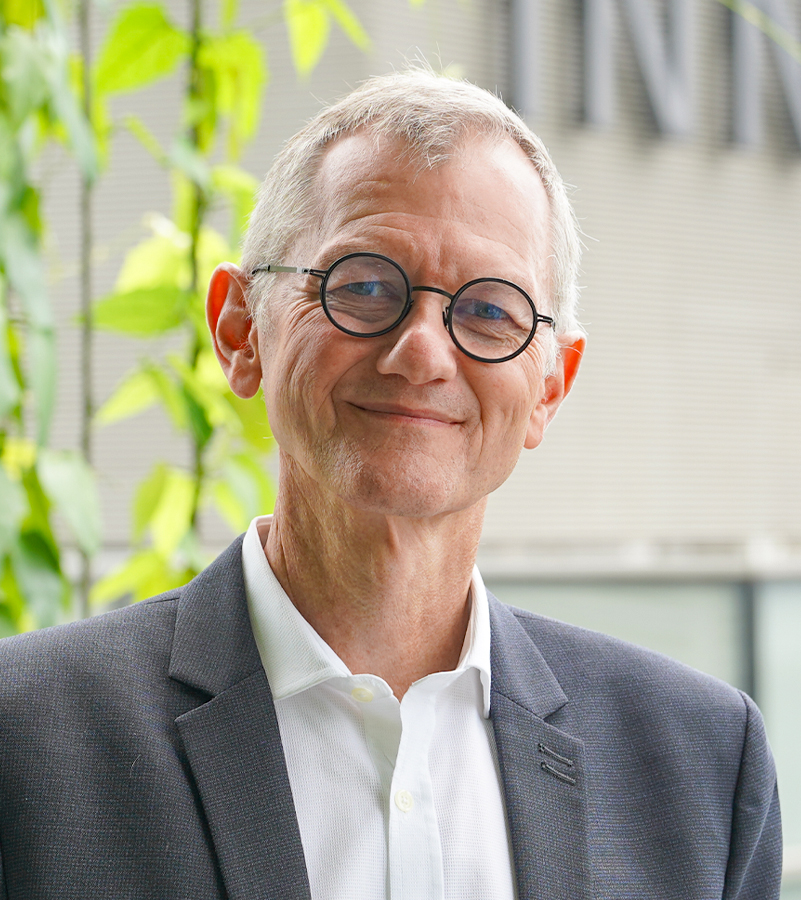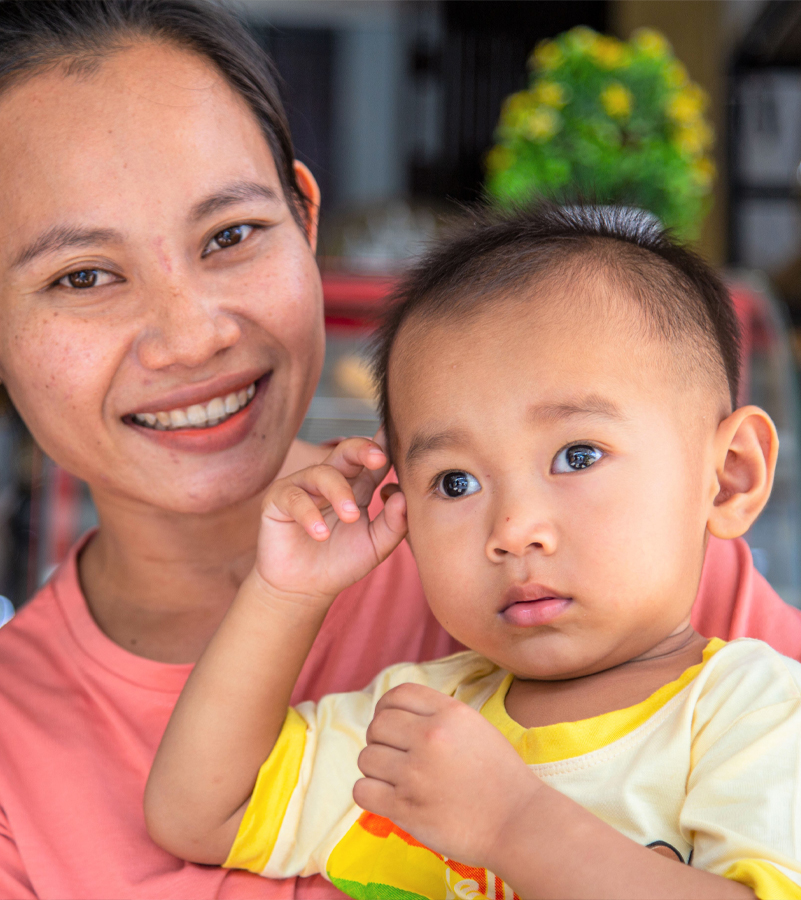"There are no boundaries for research. If we want to push the frontiers of knowledge and develop truly impactful solutions, we must collaborate across nations, disciplines, and cultures."
Can you please introduce yourself with your name and position?
My name is Joshua Bingcang, and I’m the President and Chief Executive Officer of the Bases Conversion and Development Authority (BCDA).
How did BCDA succeed in turning old military bases into centers of growth? What steps or strategies made this transformation possible?
BCDA has always been a great example among government agencies, particularly in terms of public-private partnerships (PPP). All of our projects are built on strong, solid partnerships with the private sector. The properties or assets we manage, which were once U.S. military camps, are now transforming into vibrant economic centers and business districts. Of course, we didn’t achieve this transformation alone. We’ve had the support of incredible private sector partners, strong backing from the national government, and active community engagement and participation.
What is BCDA’s main role today and what projects or services are you focusing on?
BCDA was created in 1992, making us more than 30 years old. We manage assets that were once U.S. military camps, such as those in Metro Manila and Clark, the largest U.S. Air Force base outside the continental U.S. We also have properties in Baguio, like Camp John Hay, and a seaport project in Poro Point in the north. In total, we manage more than 30,000 hectares, making us one of the largest landowners among state-owned enterprises in the country.
Our impact covers about a third of the population of the Philippines of roughly 100 million people. Notably, we are proud of Bonifacio Global City in Metro Manila, which is one of the most modern and well-planned business districts. When I started BCDA almost 30 years ago, Bonifacio Global City was one of our first projects. We also oversee Clark Air Base, where we’ve completed a new international airport terminal building, managed by Changi of Singapore. There’s a free-port zone in Clark with over 150,000 workers from multinational companies, and we’re developing New Clark City, a smart and green city in partnership with the private sector.
Our projects always start with a solid master plan that includes a long-term vision, and we stay true to this vision through careful implementation. Additionally, BCDA is a key part of the Luzon Economic Corridor, a collaboration among the U.S., the Philippines, and Japan, which strengthens trade in Southeast Asia. Our role includes overseeing important infrastructure projects like railways, industrial parks, airports and seaports.
How does BCDA stand out from other organizations in infrastructure and land development in the Philippines?
While we are involved in property development, we do not compete directly with private real estate developers. Instead, we partner with them. The largest central business districts and townships in the country started through partnerships with BCDA. We have a strong track record of being a dependable and reliable partner to the private sector, which helps their businesses thrive and achieve financial success.
What markets does BCDA work with both in the Philippines and abroad?
Our company benchmarks its goals and strategic plans not only against local competition but also against regional leaders in places like Vietnam and Taiwan. In tourism, we have developed beautiful properties that attract investors, such as Clark and Camp John Hay in Baguio, which are prime spots for international investment. We also benefit from strong national government support. Whenever the president travels abroad and is asked about the Philippines’ readiness for foreign investment, he always points to Clark as a key example. Since BCDA is a state-owned enterprise, we face fewer regulatory layers, allowing for quicker decisions and approvals. This makes it easier to do business and attract international investors.
How does BCDA build and maintain relationships with clients, investors and partners?
Trust is key to our long-standing relationships with the private sector. The private sector sees the potential of our properties and the value of partnering with us. We often receive unsolicited proposals, which I view as a positive development because great ideas can come from anywhere, especially from experts in the business world. We strive to maintain professionalism and stick to the vision outlined in our master plan. Additionally, we engage in thorough stakeholder consultations to ensure that our projects are not only financially viable but also socially accepted. We want local communities to feel a sense of ownership and benefit from the projects, as they are directly impacted by the outcomes.
What is the main message you would like to share with the community about BCDA?
While our projects are of national importance and sometimes take years to fully implement, we make sure that the local communities feel the impact of our work in the short term. These benefits include job creation, livelihood opportunities and educational initiatives. As we focus on long-term economic benefits for the country, we never lose sight of the immediate benefits that directly affect the people and communities surrounding our projects. We want these communities to appreciate the positive changes we bring over time.
Do you have any final thoughts you’d like to share?
BCDA’s projects are trailblazing, and we’re fortunate to have an excellent organizational structure and workforce that supports our mission. Our ability to take on projects with a certain level of risk is supported by the strength of our team, which ensures that we achieve high levels of success in every project we commit to.



















